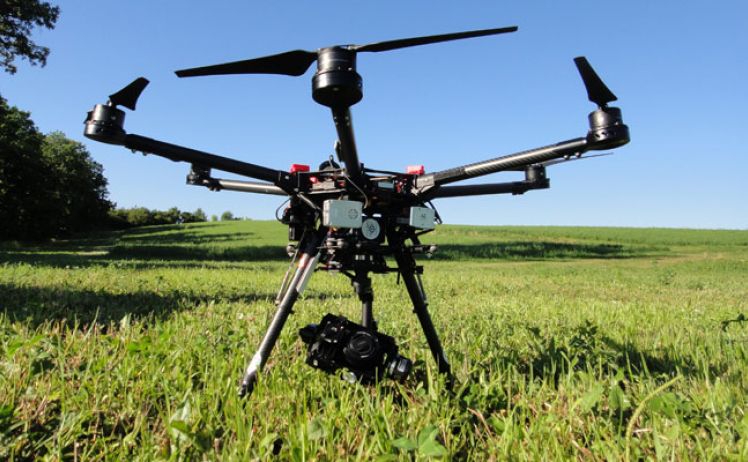January 28, 2016 - On Wednesday and Thursday Menet Aero founder Peter Menet gave testimony before the Senate and Assembly Committees on Judiciary and Public Safety regarding his opposition to SB498 and AB670. If passed, these bills would authorize political subdivisions (i.e.: cities, villages, towns or counties) the ability to create drone “no-fly” zones. Menet opposes this legislation for the following reasons:
- The ability and responsibility to regulate airspace resides with the federal government.
- Title 49, Part A, Section 1 of the U.S. Code, “The United States Government has exclusive sovereignty of airspace of the United States”
- The 1946 Supreme Court case U.S. vs. Causby (328 U.S. 256) established the longstanding precedence that “navigable” airspace is public domain. When you think about it, it makes sense. Otherwise a flight from New York to LA would look like a ball going through a pinball machine if it had to dodge every “no-fly” zone someone put up.
- Despite comon confusion, there are laws on the books that regulate drones.
- For recreational operations see AC 91-57(A)
- Civil (i.e. commercial) operations are addressed by Section 333 Exemptions and permanent rules are being proposed.
- FAA guidance for State and Local authorities can be found here.
- Since a UAS is an "aircraft" as defined by 49 USC § 40102, the state has many options to pursue any applicable enforcement action as they deem appropriate.
- According to a 2013 report by AUVSI the UAS industry could realize an $82 billion economic impact and create more than 700,000 jobs in the U.S. over the next 10 years. Enacting SB498 and AB670 could create an unnavigable patchwork of airspace where legitimate, licensed, insured industries will not be able to effectively operate.
- Jobs in the UAS industry range from service providers like Menet Aero to engineers and manufacturers of new technology and equipment. There are even broader impacts when you consider the potential uses of this technology by the insurance, mining, construction and public safety industries.
- Wisconin's strong and pioneering background in aviation puts it in a unique position to capitalize on the many opportunities the UAS industry has to offer.
Many individuals and business are doing everything they can to be good players in the UAS industry and are trying to drive the industry forward to create jobs and make Wisconsin a UAS technology leader. Wisconsin's elected officials must recognize this and avoid enacting broad-reaching, restrictive legislation that could destroy this great opportunity for our state. If Wisconsin is truly “open for business,” enacting legislation that adds a greater level of complexity to an already heavily federally regulated industry will drive Wisconsin’s share of this opportunity to other states.
To read Peter's full testimony, click here

